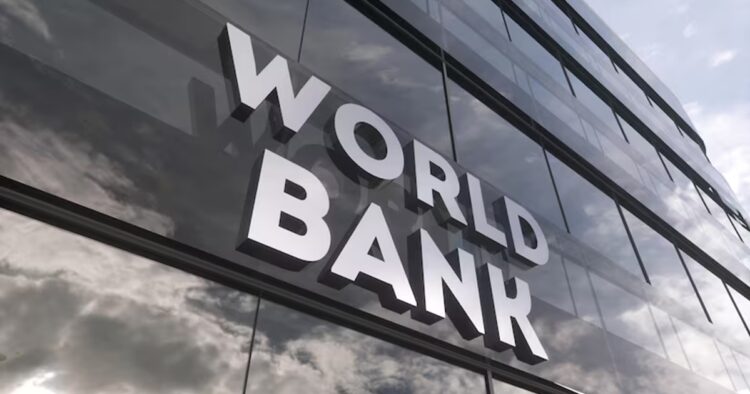The Maldives has been spending more money than it has for many years, leading to high levels of debt. The World Bank has warned that the nation is at risk of facing serious financial problems and may have trouble finding the money it needs in the future. This makes the Maldives very vulnerable to unexpected economic shocks.
Faris H Hadad-Zervos, the World Bank Country Director for the Maldives, Nepal, and Sri Lanka, recently shared some concerning statistics. He said that the Maldives will need about USD 512 million each year to pay off its debt for 2024 and 2025, and this amount will rise to USD 1.07 billion in 2026. His statement came shortly after the Maldives Ministry of Finance reported that the nation’s debt is almost 110 percent of its GDP.
As of the first quarter of 2024, the Maldives’ public and publicly guaranteed debt has reached USD 8.2 billion, according to the Ministry of Finance. This is an increase of USD 90.8 million in just the first three months of the year, with the total debt standing at USD 8.09 billion by the end of 2023.
Impact of COVID-19 and Tourism Slowdown
The Maldives, which relies heavily on tourism, was hit hard by the COVID-19 pandemic. The lockdowns led to a significant drop in tourism, and the country has only started to recover in 2023. However, the recovery has been slow, and the economic situation remains fragile.
Hadad-Zervos emphasized the need for urgent fiscal reforms. He suggested that the Maldives should phase out blanket subsidies, address weaknesses in state-owned enterprises, improve the efficiency of healthcare spending, and streamline the public investment program. These measures are necessary to stabilize the country’s finances and reduce its debt.
Economic Challenges and Projections
In a video message posted on X, Hadad-Zervos explained that the Maldives’ economy faced significant challenges last year. The tourism industry, which is a key part of the nation’s economy, has slowed down due to a decrease in tourism receipts. The decision to stop subsidy reforms and continue high spending has further strained the nation’s finances.
ALSO READ: “World Bank Warns: Over 10 Million New Pakistanis Face Poverty Risk”
A recent World Bank report titled ‘Scaling Back and Rebuilding Buffers’ noted that the Maldives’ tourism and other major industries are slowing down. Although tourist arrivals are increasing, tourists are spending less money and staying for shorter periods. This has reduced the positive impact on the Maldives’ GDP progress.
The report also highlighted the need for fiscal consolidation, which means reducing government spending and investment. This could impact real household incomes, as subsidy reforms and decreased government spending take effect. The World Bank projects that the Maldives’ economy will grow by 4.7 percent this year, which is lower than previous estimates, indicating a slowdown in economic growth.
















Comments